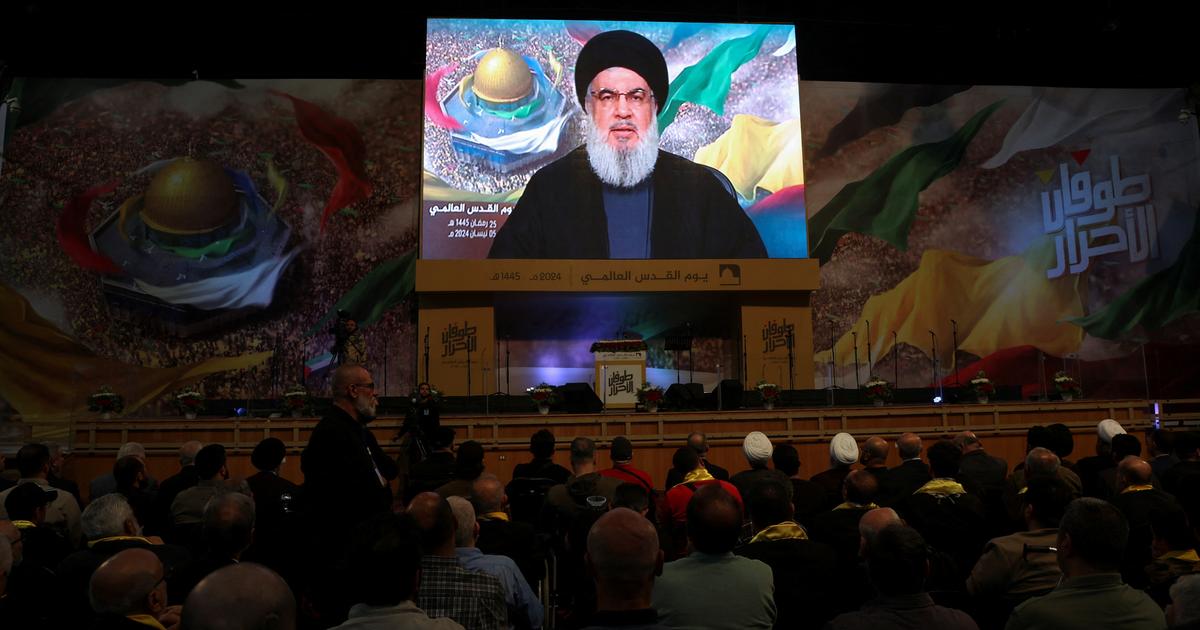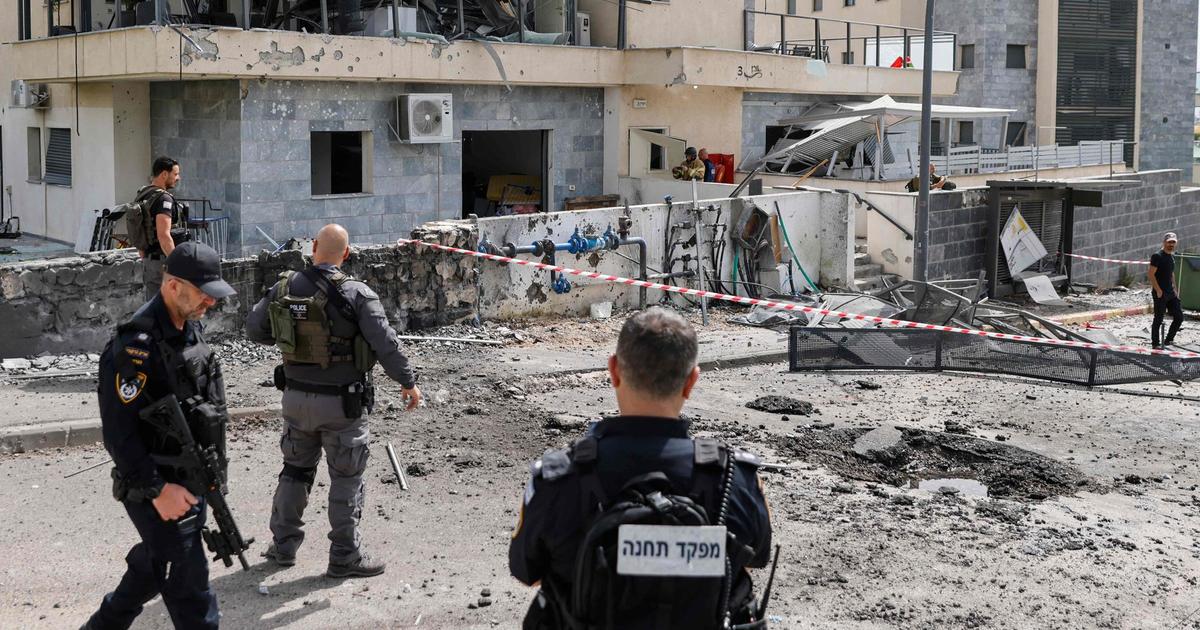Israeli gas platform for the Leviathan field in the Eastern Mediterranean.Ariel Schalit / AP
The bonanza promised by natural gas buried under the waters of the Eastern Mediterranean favors a rapprochement between staunch enemies.
Lebanon and Israel, technically still at war since they clashed in 2006, announced on Thursday an agreement to negotiate the delimitation of their maritime border, a strategic disputed area that runs close to the main deposits on the eastern coast of the Levant. Next.
The understanding between the two countries, which had not held direct civil talks for three decades, comes after more than two years of mediation by the United States.
Lebanon's political and economic crisis, exacerbated by the explosion that devastated the port of Beirut two months ago and caused nearly 200 deaths, appears to have accelerated diplomatic contacts bogged down by a long-standing regional enmity.
The framework agreement reached establishes that the maritime border delimitation negotiations will take place under the auspices of the UN at the headquarters of the United Nations Interim Force for Lebanon (Finul) in Naqura, a few kilometers from the Israeli border.
The United States will act as a mediator and promoter of the dialogue at the request of both border countries, as announced by the president of the Lebanese Parliament, Nabih Berri, whose Amal party, a moderate Shiite, has suffered recent sanctions from the State Department directed at senior officials of the organization .
The head of US diplomacy, Mike Pompeo, has immediately congratulated himself on the result obtained "after long years of intense diplomatic efforts" through an official statement.
The undersecretary of State for the Middle East, David Schenker, had already anticipated the rapprochement between the parties in September.
Israel has also been quick to confirm the agreement for the start of the talks.
The Minister of Energy, Yuval Steinitz, has specified that the negotiations will be direct and will begin in mid-October, after the end of the autumn Jewish holidays.
The Israeli Minister of Foreign Affairs, Gabi Ashkenazi, has in turn highlighted the role played by US mediation in achieving understanding.
While Israel has already begun to exploit the large Tamar and Leviatan fields in its maritime economic zone, currently operated by the US oil company Chevron, Lebanon has been trying since 2018 to get a consortium led by the French Total and the Italian ENI to start exploring. the gas wealth that lies under its waters exclusive exploitation.
Two of the sectors in which prospecting has yet to be undertaken lie precisely on the border in dispute with Israel.
"If the demarcation is successful, there is a very wide margin, especially with regard to blocks 8 and 9, for us to think about paying our debts," said Berri in Beirut, quoted by the Efe agency.
In the midst of the worst national crisis since the civil war that devastated Lebanon between 1975 and 1990, the delimitation of the maritime border may contribute to unblocking the award to international companies of the research and exploitation of hydrocarbon resources.
An ally of the Hezbollah party-militia, the Speaker of Parliament acts independently as responsible for negotiations on the maritime border.
The Lebanese delegation in the talks with Israel is expected to be made up of members of the Army, one of the few strictly national institutions within the complex confessional and ethnic power distribution.
The eastern Mediterranean, a historical focus of conflicts, hides large gas reserves.
The EU is promoting a gas pipeline project to connect with Europe —through Cyprus, Greece and Italy— the maritime deposits of the Levant, as an alternative route for energy flows that reduce dependence on Russia.
The Achilles heel of the project is the high cost of transport, which would make it more expensive by up to 40% over Russian gas.
The budget of the complex engineering work, exceeding 6,000 million euros, and the technical difficulties to tend a conduction to depths of up to 3,300 meters below sea level also conditions the project.
Lebanon, for its part, expects to have gas reserves similar to those of Israel, according to preliminary estimates from the Beirut government not yet confirmed by prospecting.

/cloudfront-eu-central-1.images.arcpublishing.com/prisa/5BQLY4ILS5CADB4AWLNQDHRZ5Q.jpg)











